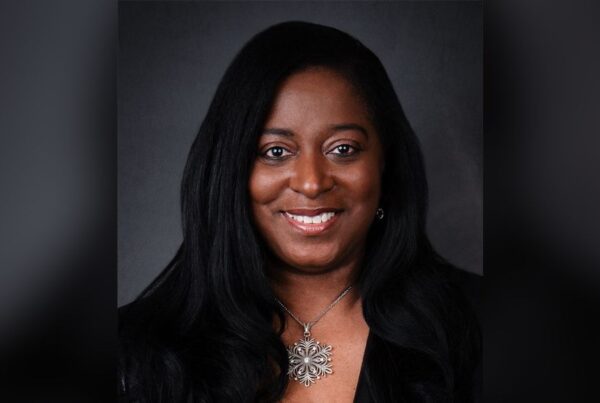What’s holding the market back from a “world-first initiative”?

In his last Press briefing as CEO of Flood Re, Andy Bord (pictured) had a clear message for the insurance industry – to be bold, creative and committed when it comes to the “world-first initiative” that is Build Back Better.
During a discussion on Flood Re’s Annual Report – which saw the number of policies ceded to the Scheme increase 9% to 288,567 – Bord underscored that Build Back Better is a personal cause for him and one he is very proud to see so widely supported by the market. “Over 70% of insurers are now offering Build Back Better but we need to see that number change,” he said. “We need to see it get to 100% so it just becomes normalised.
“My call to insurers is to embrace that and for those that don’t yet offer Build Back Better to do so as soon as possible and join the rest of the pack. But Build Back Better only matters if, as well as being eligible for it, when the rubber hits the road and an actual claim is experienced, the customer has a conversation with their insurer about being built back better.”
Build Back Better in action
Storm Babet was the first real test of this in action, Bord said, with an average of 30% of the resulting claims ceded to Flood Re utilising an element of the initiative. Offering a personal perspective, he said it’s very difficult to see why virtually all of these claims – which were ceded to Flood Re as a result of being high-risk – didn’t contain an element of being built back better.
“We want to see, in subsequent events, that 30% being far closer to 100%,” he said. “That’s certainly my ask on insurers. It has been great how Build Back Better has been embraced but there’s more to do to make sure 100% of insurers are offering it and that when their customers get hit by the trauma that is flooding, this conversation takes place at the right time.”
The requirement is there for the insurance industry, in conjunction with the government, to act quickly and decisively when it comes to embracing the full potential of the Build Back Better initiative. This potential was on full display at the RHS Chelsea Flower Show 2024, where Flood Re unveiled the prize-winning Flood Resilient Garden. It was a proud moment for the team, Bord said, and one that gave it the opportunity to speak with a whole different group of customers about the importance of flood risk adaption.
How to advance industry adoption of Build Back Better?
As to what’s holding elements of the industry back from embracing the initiative and how other insurers might be brought along on the journey, Bord emphasised that it’s still a relatively new offering.
“The fact that 70% of insurers are offering it and, when we have had claims, 30% of them have had Build Back Better attached is a positive,” he said. “My observation is that it’s not enough, yet… I’m taking the slightly more holistic view that why wouldn’t the vast majority [of insurers] be eligible for having conversations with their customers that make them more resilient into the future?
“We’re talking to insurers at the moment, and surveying across the insurance space based on a very specific set of questions around the claims incurred – by Babet in particular – about the Build Back Better experience, what went well and what was more challenging. That’s how we can actually seek to influence best practice, from a positive place of knowledge rather than speculation.”
Bord highlighted that Flood Re is aware that the right thing to do is to maximise the number of homes that are better protected if they are at risk of flooding. If they’ve been ceded to the scheme, de facto, they are at risk of flooding, he said, and so it’s hard to understand why they wouldn’t take advantage of the initiative. The hope is that this research will quickly yield intelligible insurance that the team can use to encourage insurers to act on that information.
Mandating Build Back Better?
Interestingly, he said, data around Build Back Better and its effectiveness is something that the new government has already asked Flood Re for further information on, so the future is looking positive. As to whether Build Back Better might eventually be mandated both at the point of repair and as part of the planning framework, Bord expressed his hope that Build Back Better becomes normalised rather than mandated.
“I’m also optimistic, because of what I know that insurers can do, that it doesn’t have to be mandated to get that outcome,” he said. “I think it’s the opportunity for insurers to step forward on both counts – for those insurers that don’t currently offer it to accelerate their development so that they can offer it…
“And then when flooding does take place, to really be challenging themselves as to make sure their repair network and supply chain is aligned around the premise that Build Back Better is likely to be required, rather than being seen as the exception that then needs to be bolted on.”
Related Stories
Keep up with the latest news and events
Join our mailing list, it’s free!





